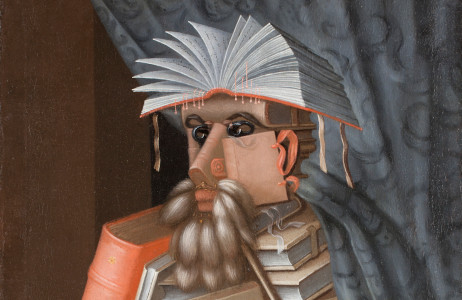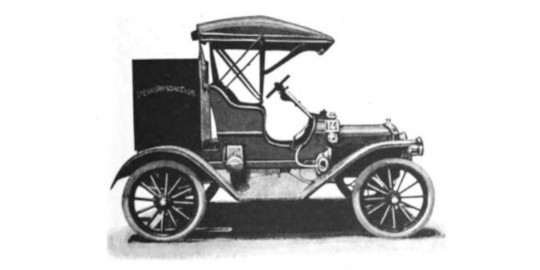A Leading Banker? President of the Michigan Savings Bank? Sarah T. Bushnell? Horace Rackham? Apocryphal?
Question for Quote Investigator: An investor was given a once-in-a-lifetime opportunity to purchase stock in Henry Ford’s nascent automobile company. The cautious capitalist asked a prominent banker what he thought, and he received an erroneous prediction:
The horse is here to stay but the automobile is a passing fad.
Would you please explore the accuracy of this anecdote? Also, if this tale is authentic would you determine whether the investor was dissuaded by the prediction?
Reply from Quote Investigator: In 1922 Sarah T. Bushnell published the biography “The Truth About Henry Ford”. She included a story about attorney Horace Rackham whose law firm drew up the incorporation papers for Henry Ford’s automobile company in 1903. Rackham was asked to become an investor, but his health was poor, and he feared risking his precious savings. So he visited an unnamed leading banker to obtain advice. Boldface added to excerpts by QI:1
The banker took him to a window. “Look,” he said pointing to the street. “You see all those people on their bicycles riding along the boulevard? There is not as many as there was a year ago. The novelty is wearing off; they are losing interest. That’s just the way it will be with automobiles. People will get the fever; and later they will throw them away. My advice is not to buy the stock. You might make money for a year or two, but in the end you would lose everything you put in. The horse is here to stay, but the automobile is only a novelty — a fad.”
Rackham was convinced by the banker, and he decided to reject the investment. However, he spoke again with Alexander G. Malcomson who was organizing the new company and persistently recruiting investors:
. . . a few days later he met Mr. Malcomson who showed him facts and figures and talked eloquently. Rackham was convinced again – but the other way. He sold some real estate and took the money to Malcomson. “Here, take this money and buy the stock before I have time to change my mind again,” he said.
Rackham’s five thousand dollar purchase of shares was enormously lucrative. He held on to his stock until he finally sold it for twelve and one-half million dollars.
Below are additional selected citations in chronological order.
Continue reading “Quote Origin: The Horse Is Here To Stay, But the Automobile Is Only a Novelty — a Fad”









